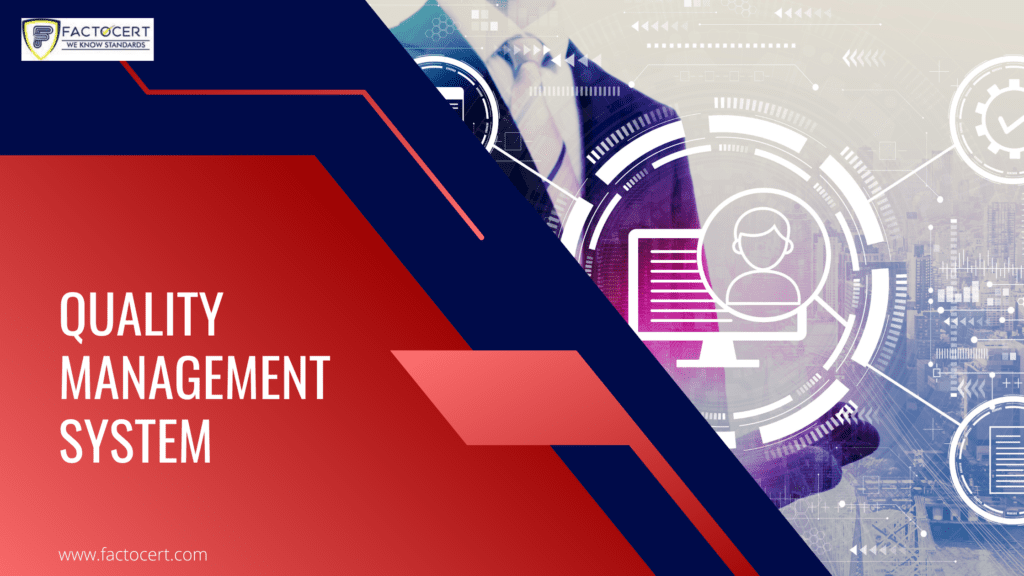Using the quality management system in the construction industry has the potential to make a significant difference in the way a construction project is managed. This is because the process of implementing a QMS involves the involvement of several stakeholders. This type of engagement is necessary for the process to be effective.
A government quality management system is needed to ensure real change in the government.
Considering that the government has various agencies and departments, it is not surprising that the quality of service in the public sector is abysmal. Hence, the Government Quality Management Program (GQMP) was born. The existing appropriations of Departments and Agencies will fund this initiative. The DBM is empowered to set aside funds for certain Program activities. The program is a nod to the government’s commitment to providing public services in the best possible manner.
The GQMP will be a work in progress. The secretariat will be manned by personnel from GQMC member agencies. They will develop the program and devise a viable budgeting scheme. In addition to the secretariat, the GQMC will have to formulate and implement an overarching program strategy and a series of memoranda to track the program’s progress. It will be an exciting and rewarding experience for all involved.
Impact of QMS on critical factors of construction projects
Several factors affect the quality of construction projects in the Philippines. Some of the most critical ones are: ensuring that the design meets client requirements, the quality of materials, and the facility’s durability.
A well-designed Quality Management System can ensure that all of these critical processes are controlled and measured. These systems can also improve products and services, decrease expenses, and prevent errors. A quality management system can increase the profitability of an organization.
A quality management system is a complex network of procedures, formats, and information. It can be used for any project. It can protect an organization’s brand, reduce the cost of products and services, and improve customer relationships.
Quality management systems are also crucial in R&D work. A quality management system can help an organization identify training opportunities, streamline operations, and improve products and services. They can also save money by preventing errors and reducing materials thrown away.
Stakeholder engagement is essential to the practical application of a quality management system.
Developing an effective quality management system requires well-defined processes and documentation. This includes processes for stakeholder engagement, which can be used throughout the project lifecycle.
Stakeholder engagement involves engaging with affected groups or stakeholders to map out the value of the project and the impact it will have on them. It also helps translate stakeholder needs into organizational goals. The process should start early in the planning phase and continue to completion.
The optimal level of stakeholder engagement may vary from project to project. Generally, the process begins with identifying stakeholders. These include individuals, organizations, and boards of directors.
Stakeholders differ in their ability to engage, their resources, and their skills. A larger group of stakeholders may require more coordination and dedicated staff. However, smaller representative groups can be developed quickly and efficiently.
It is essential to ensure that all stakeholders understand the project’s objectives. A lack of understanding increases the likelihood of contention and confusion.





